Surfacing knowledge hidden in patents
Great technology solutions are patented.
However, finding and understanding these tech. solutions described in patents can be really difficult.
So much so, that people don't even bother trying and highly valuable information is missed.
X-ray solves this.
X-ray makes it easy to read and understand the technology solution in the patents.
With X-ray, you innovate fast.
Select a technology to begin
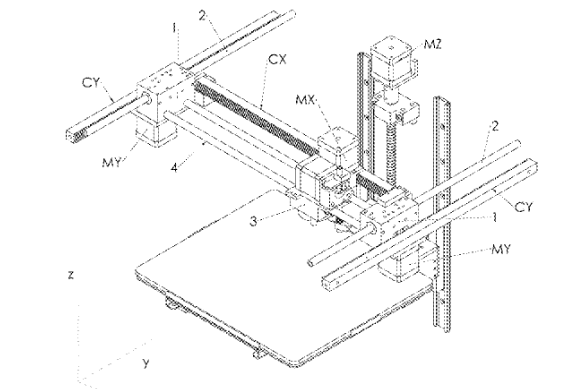
3D Printing
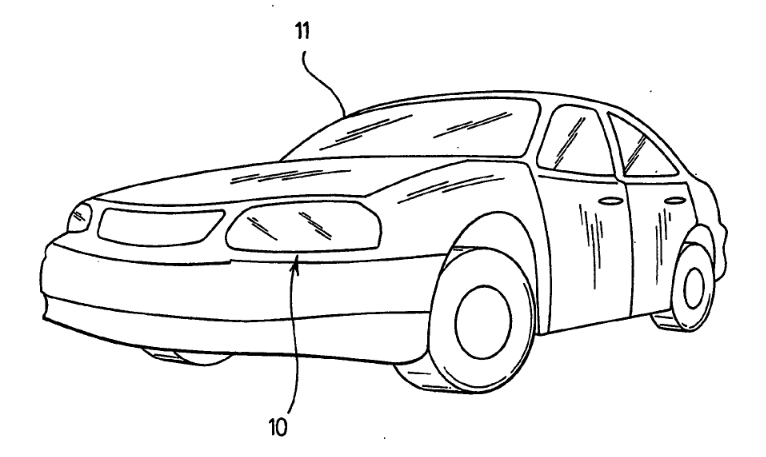
Automotive Lighting
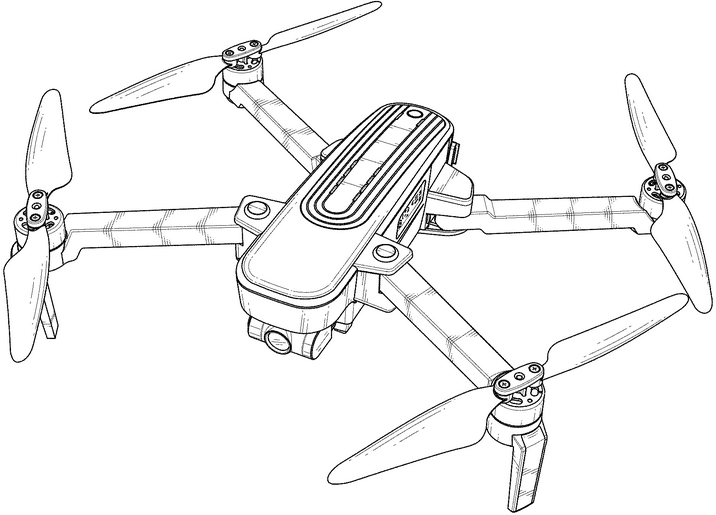
Drones
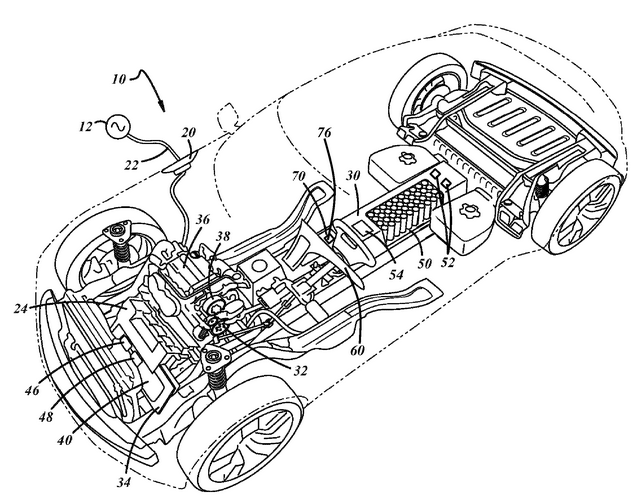
EV Battery
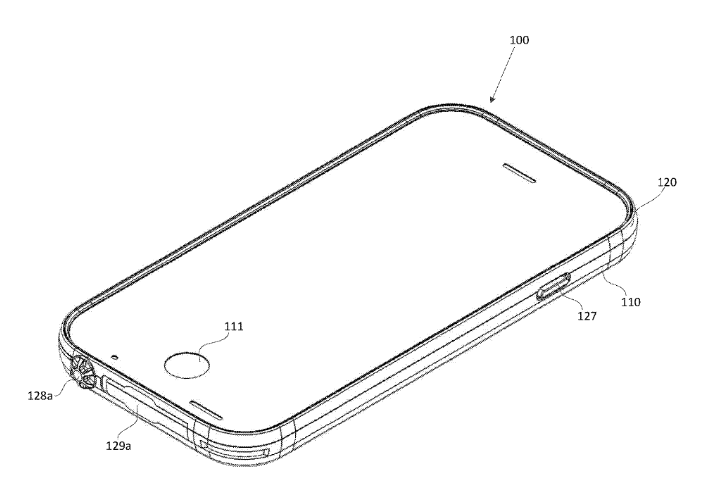
Mobile Phone Cases
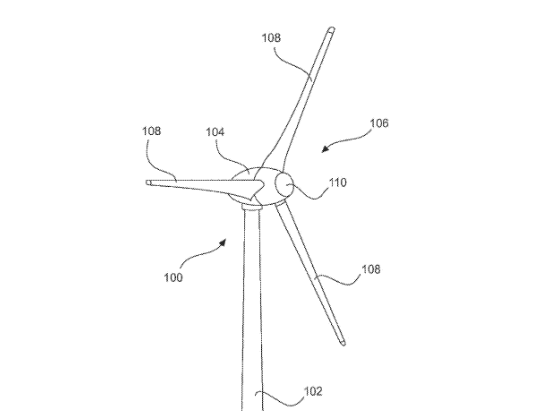
Wind Turbines
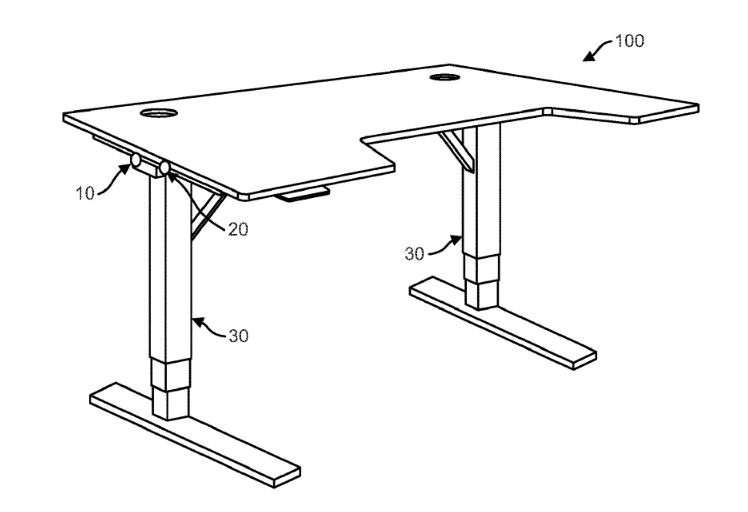
Standing Desks
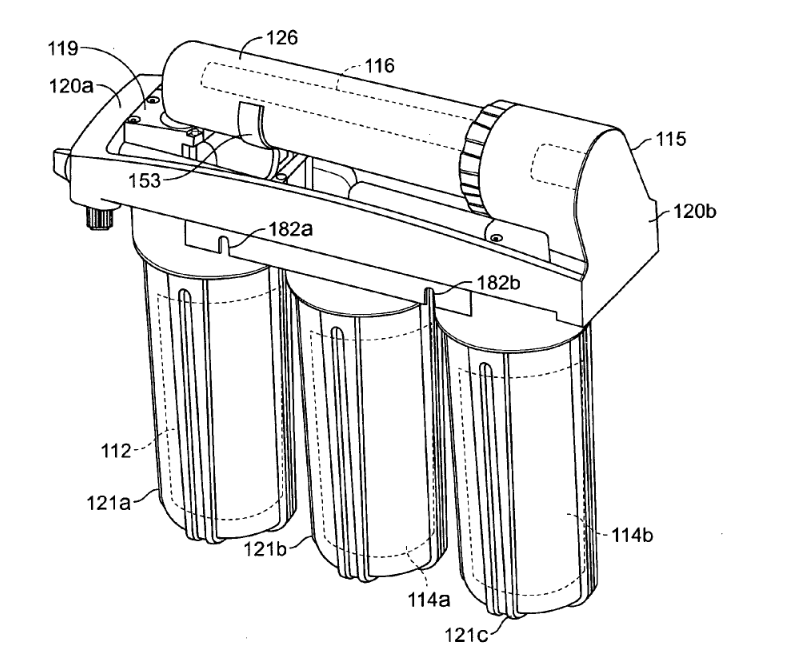
Reverse Osmosis
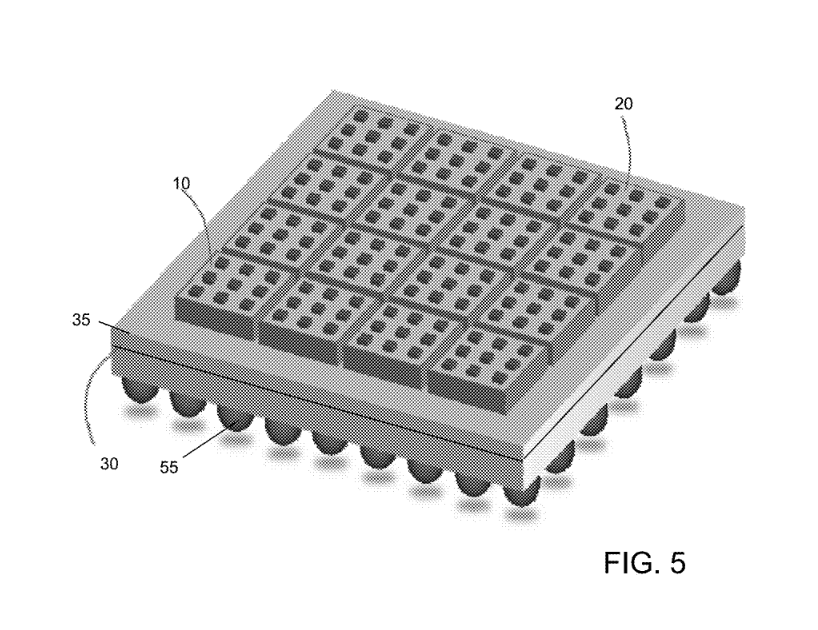
Micro-LEDs
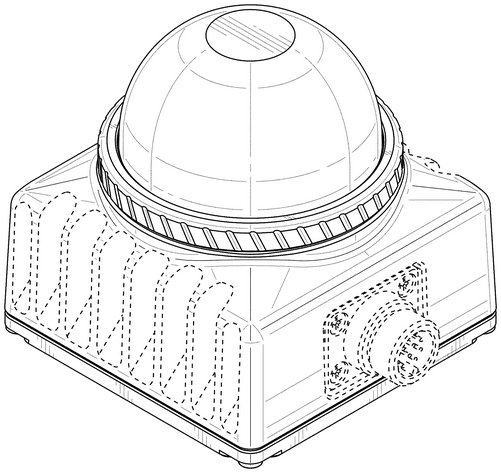
LiDAR

Intellectual Property
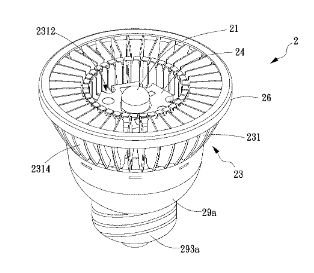
LED Lighting
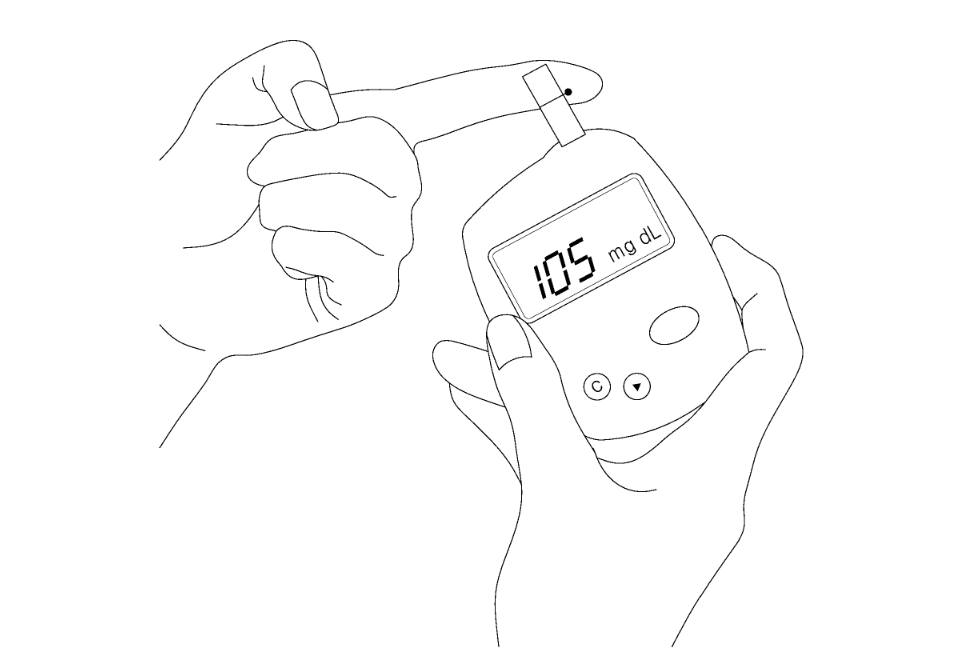
Continuous Glucose Monitoring
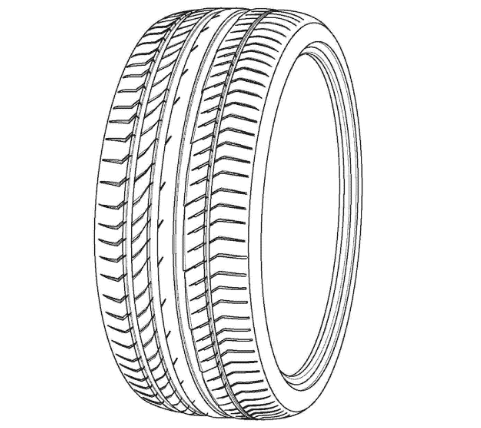
Tires
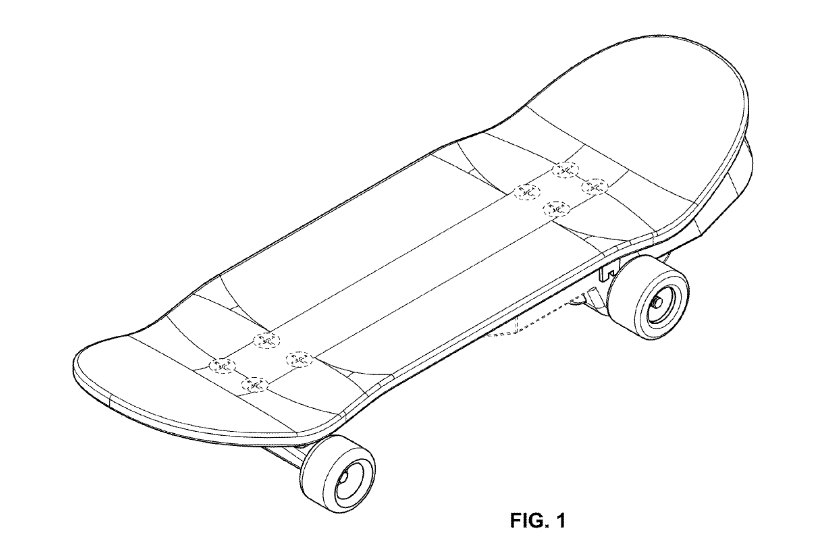
Skateboards
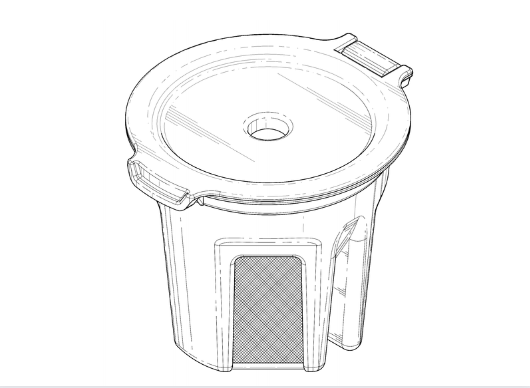
Coffee Pod
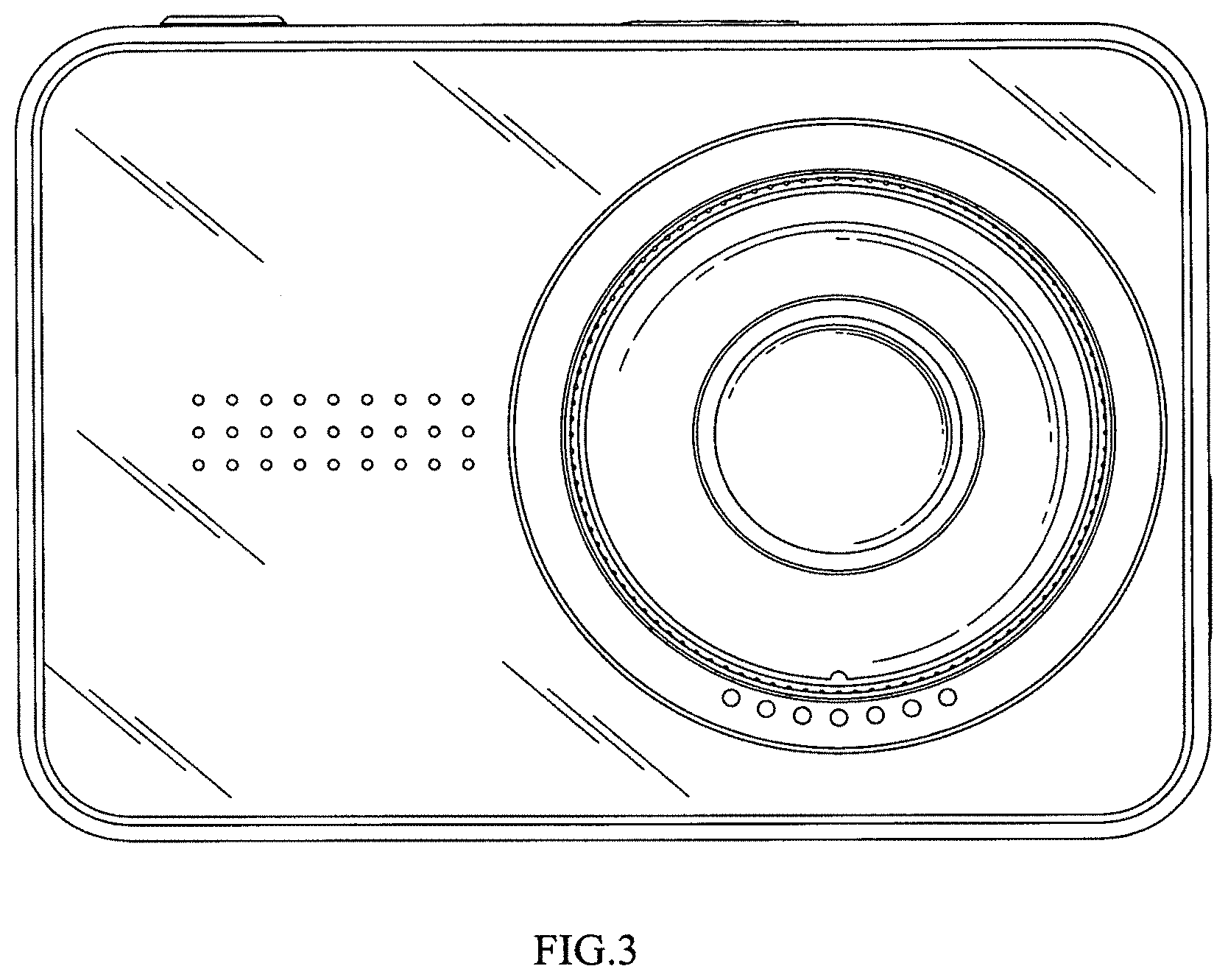
Dashcam
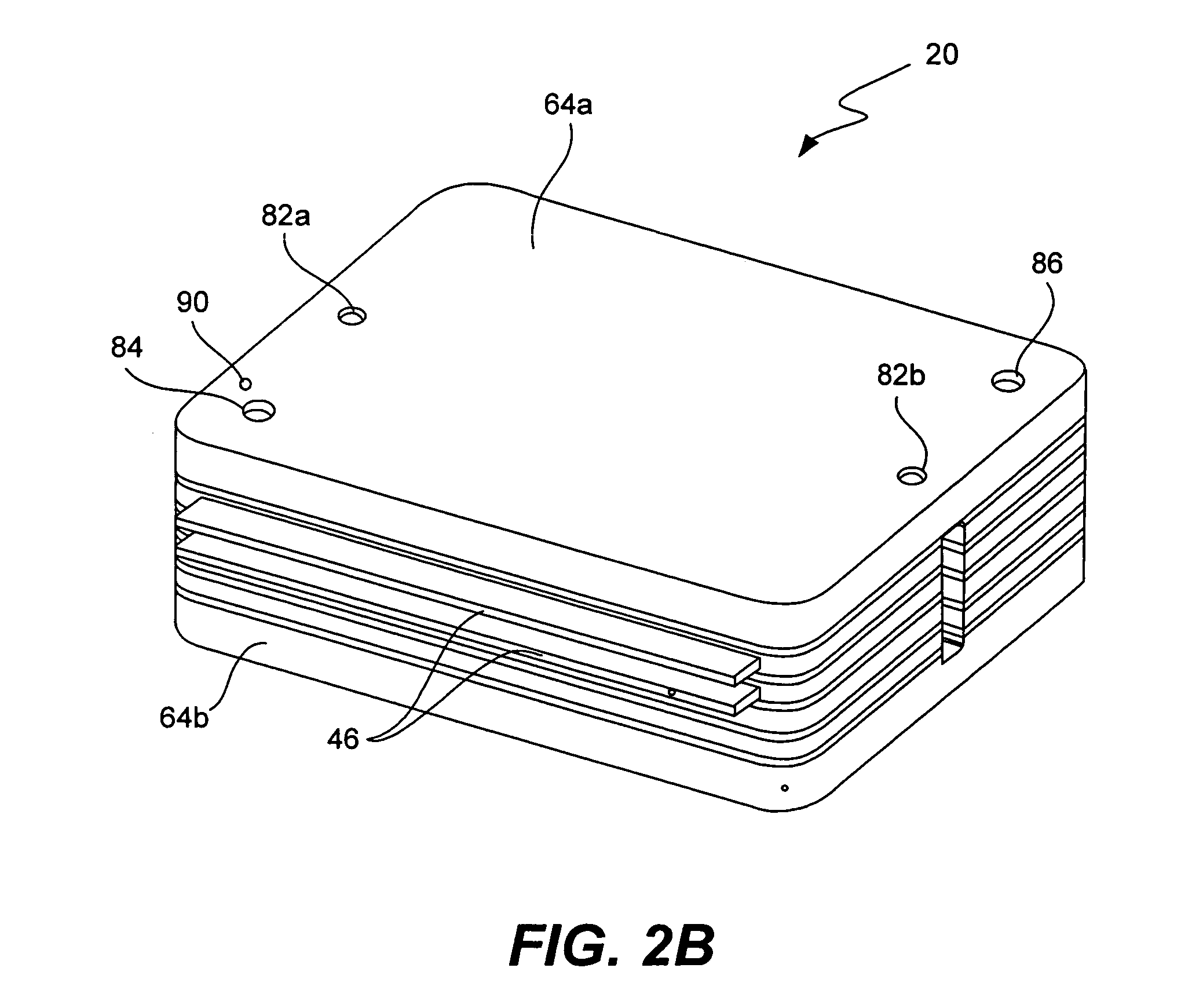
Hydrogen fuel cell
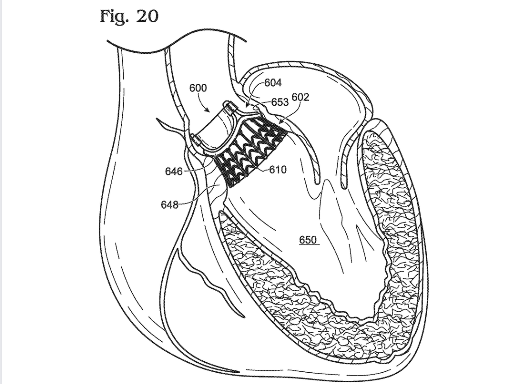
Prosthetic heart valves
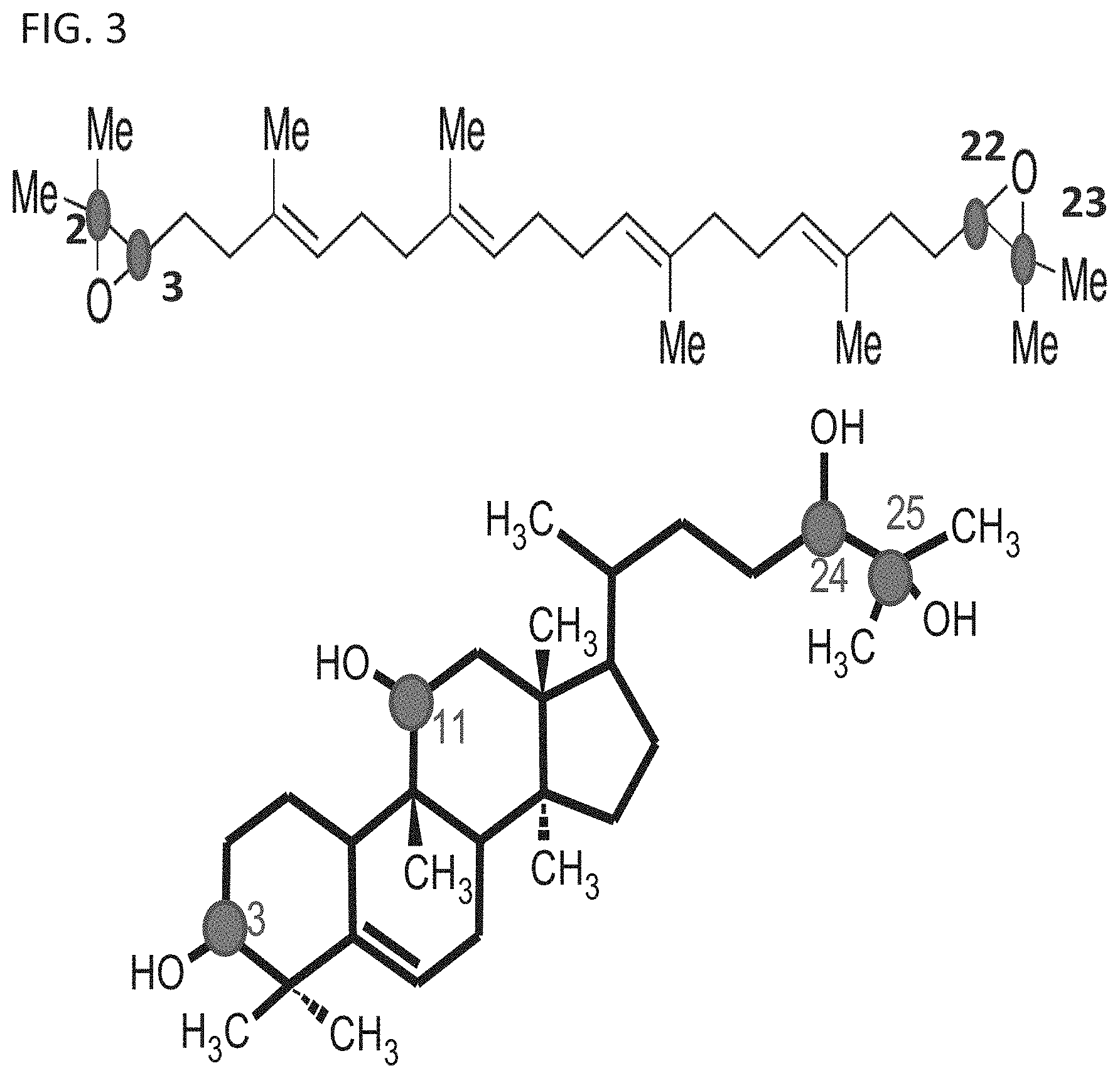
Sweeteners

Probiotics

Artificial Intelligence
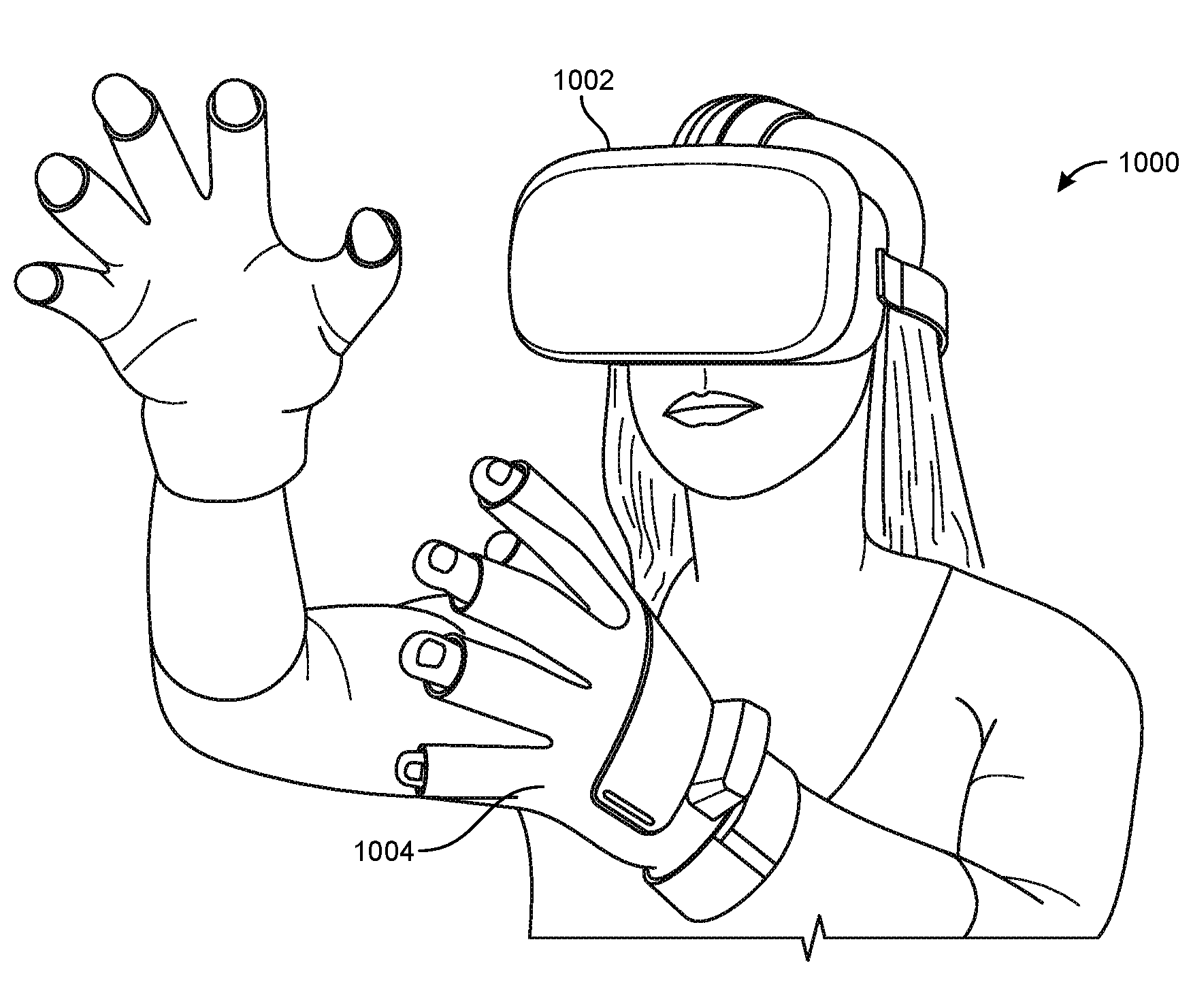
Virtual Reality
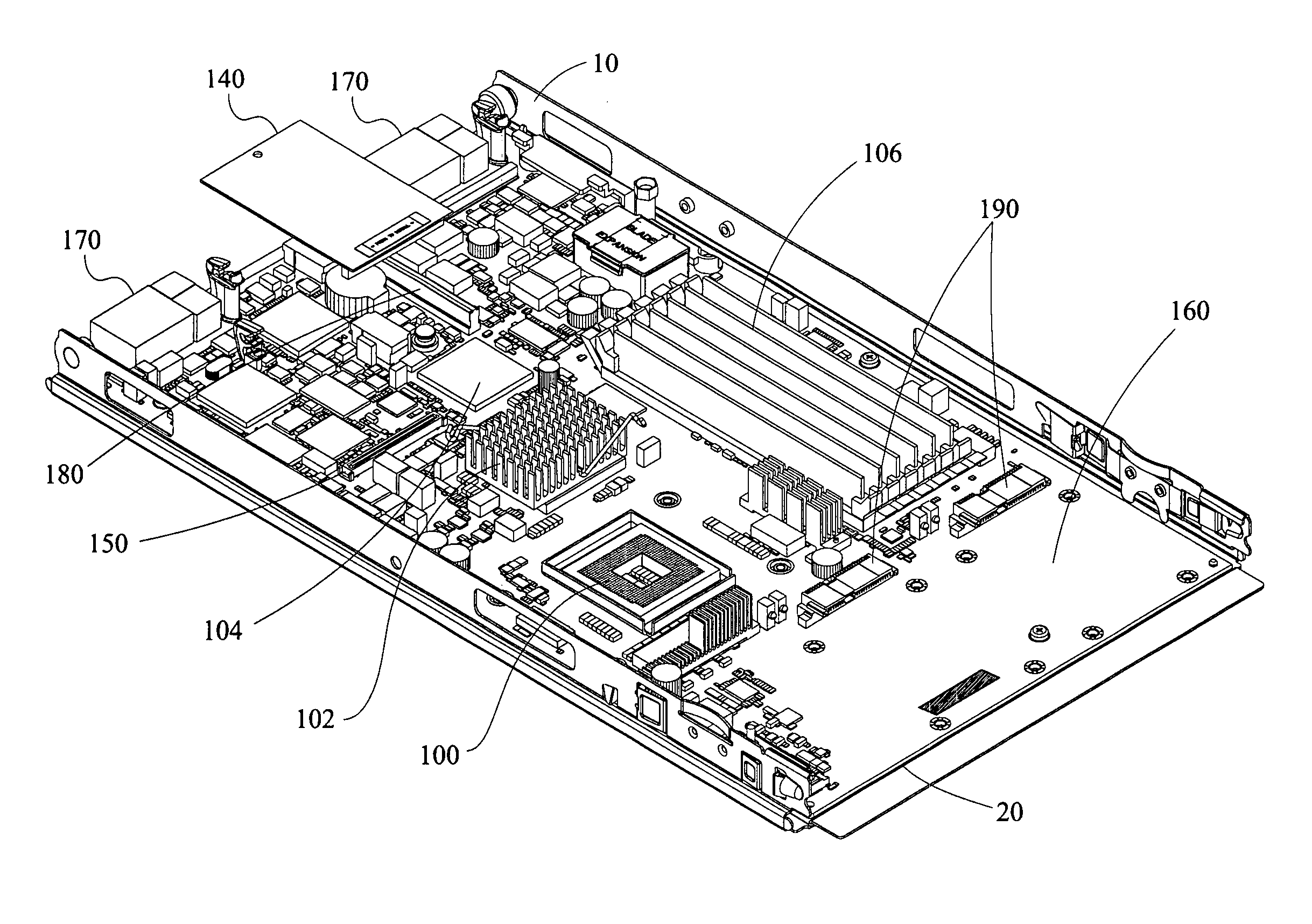
Computing Hardware
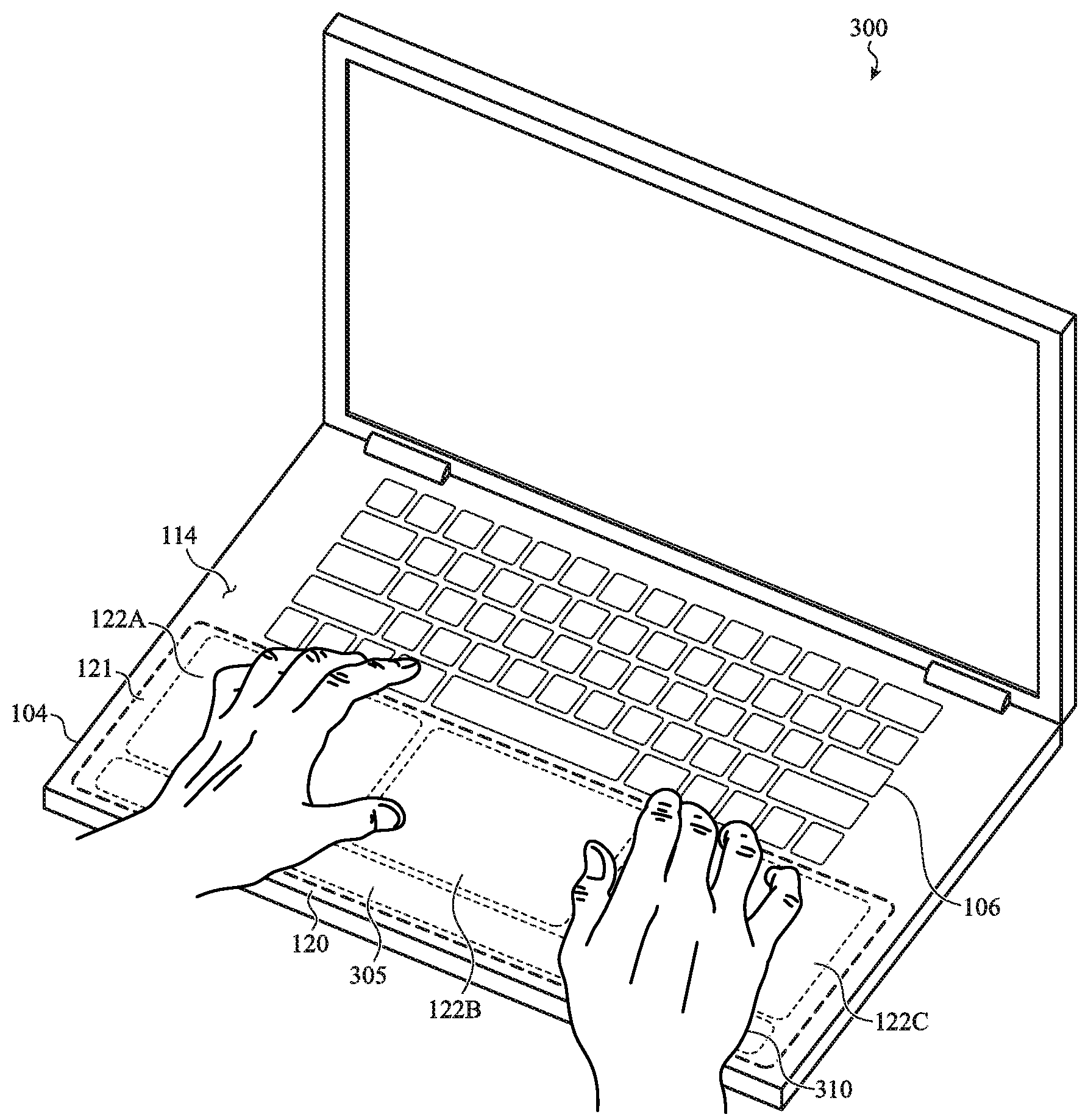
Personal Computing
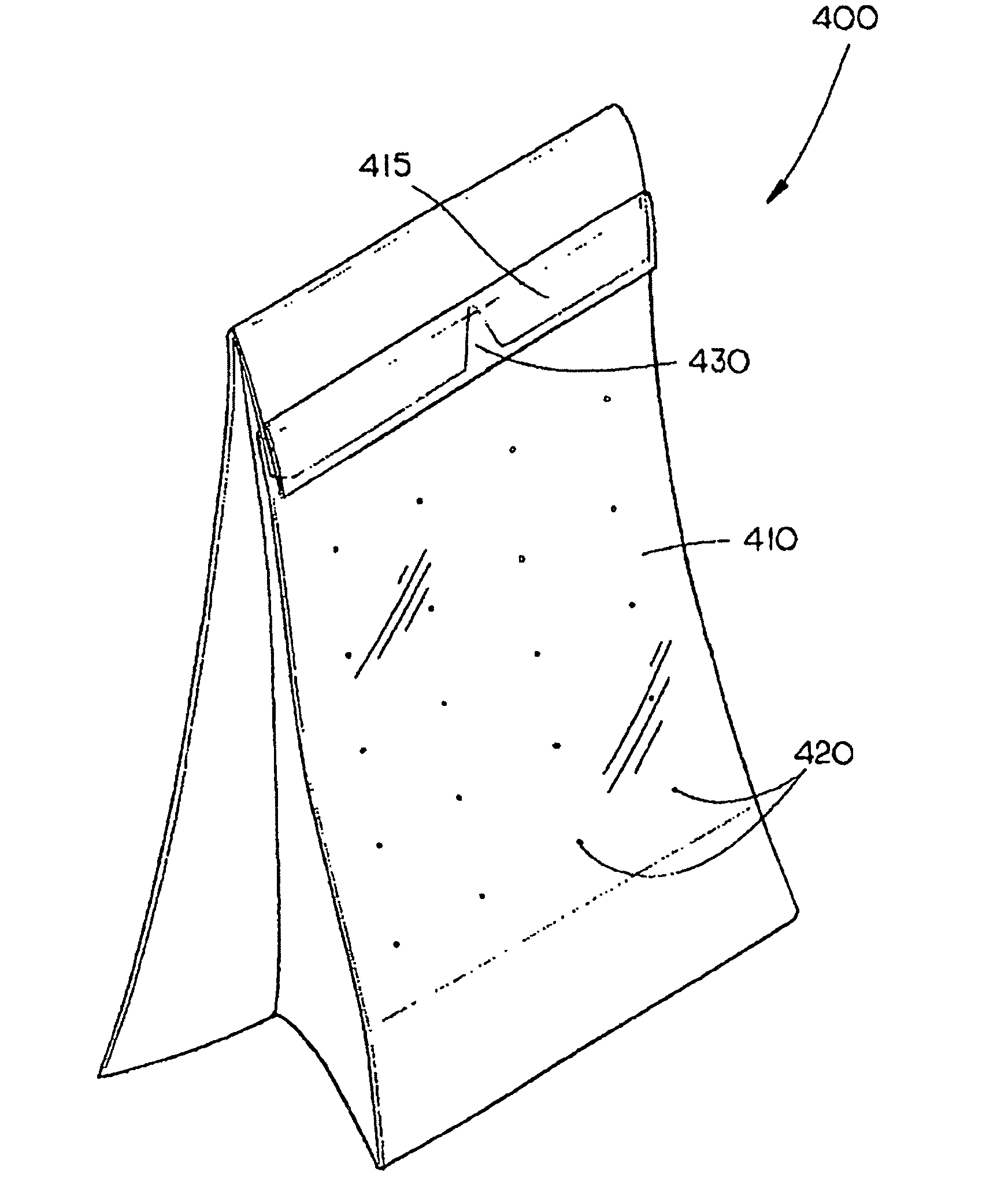
F&B Packaging

HVAC

Packaging
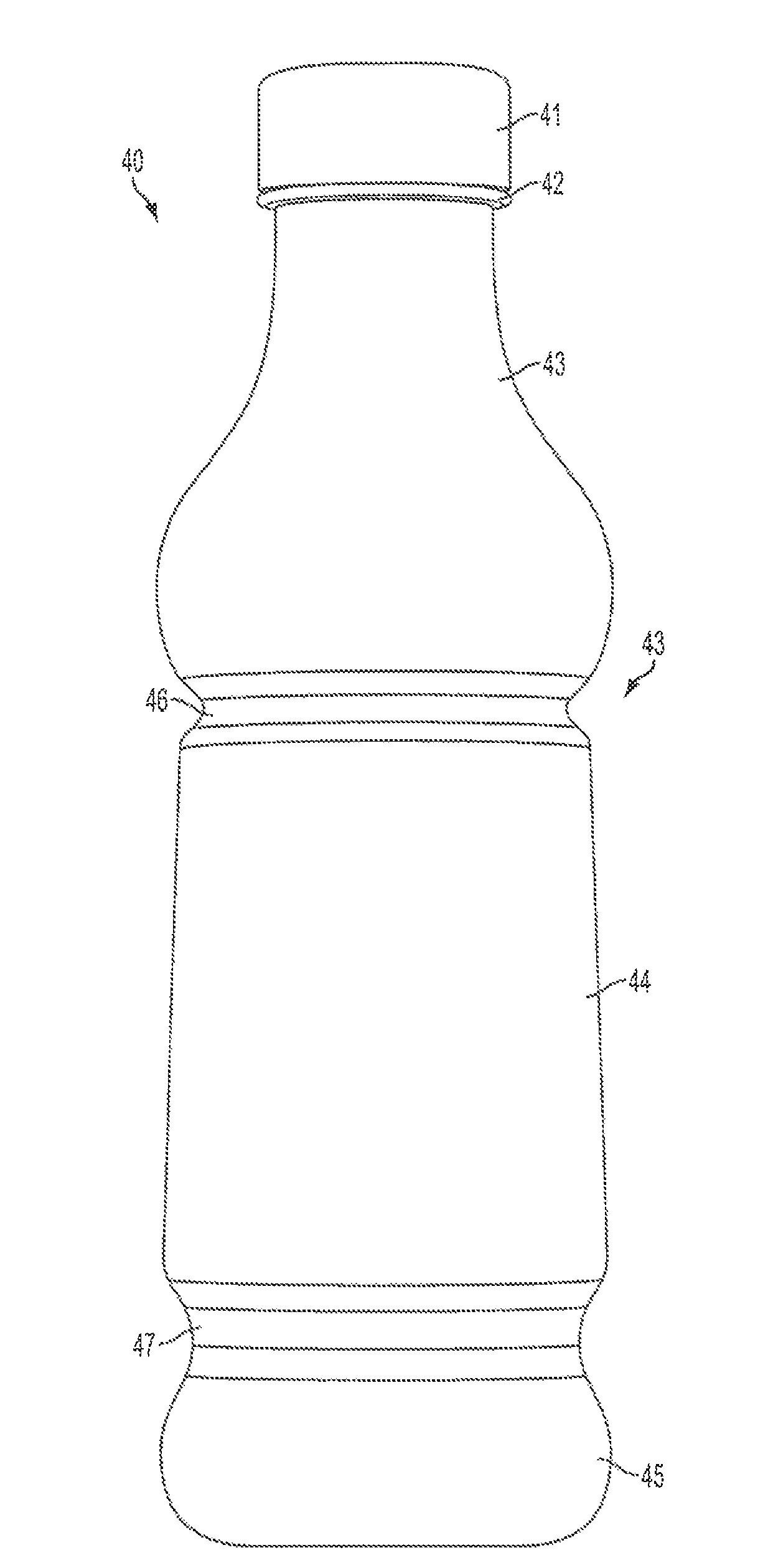
PET Bottle Recycling

Chocolate

Milk
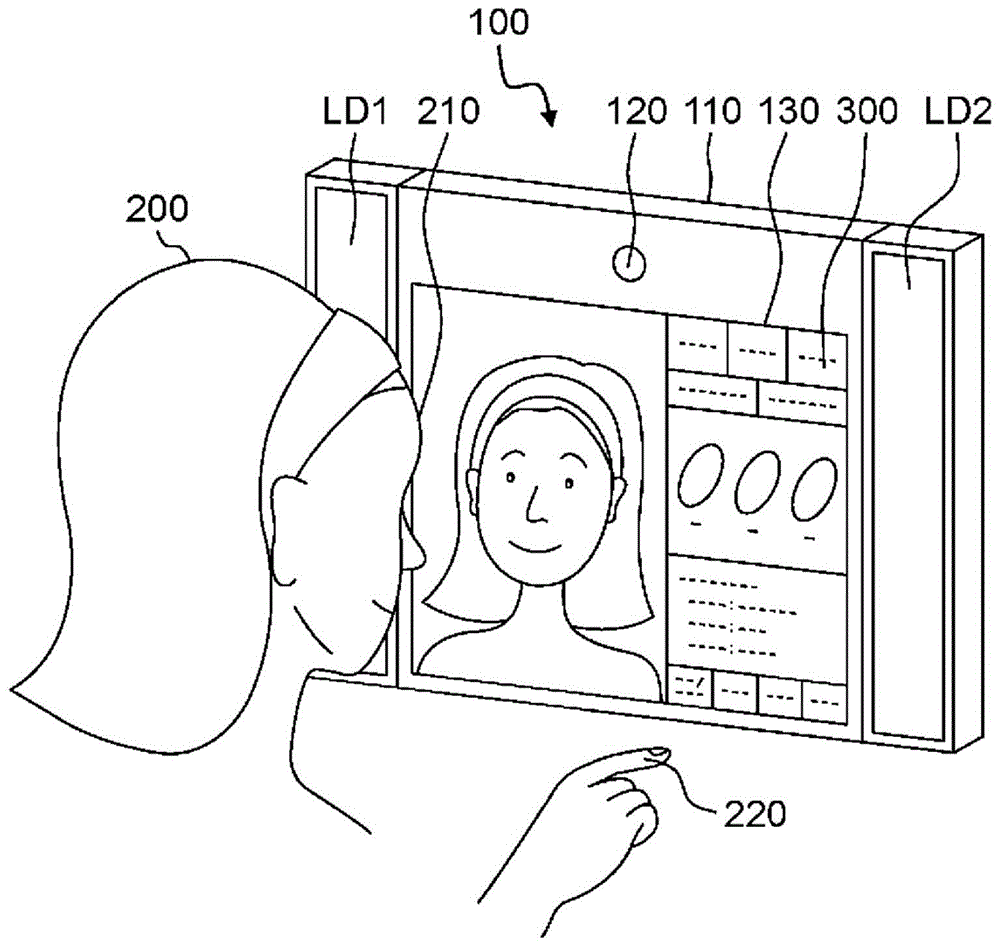
Cosmetics

Solar Cells
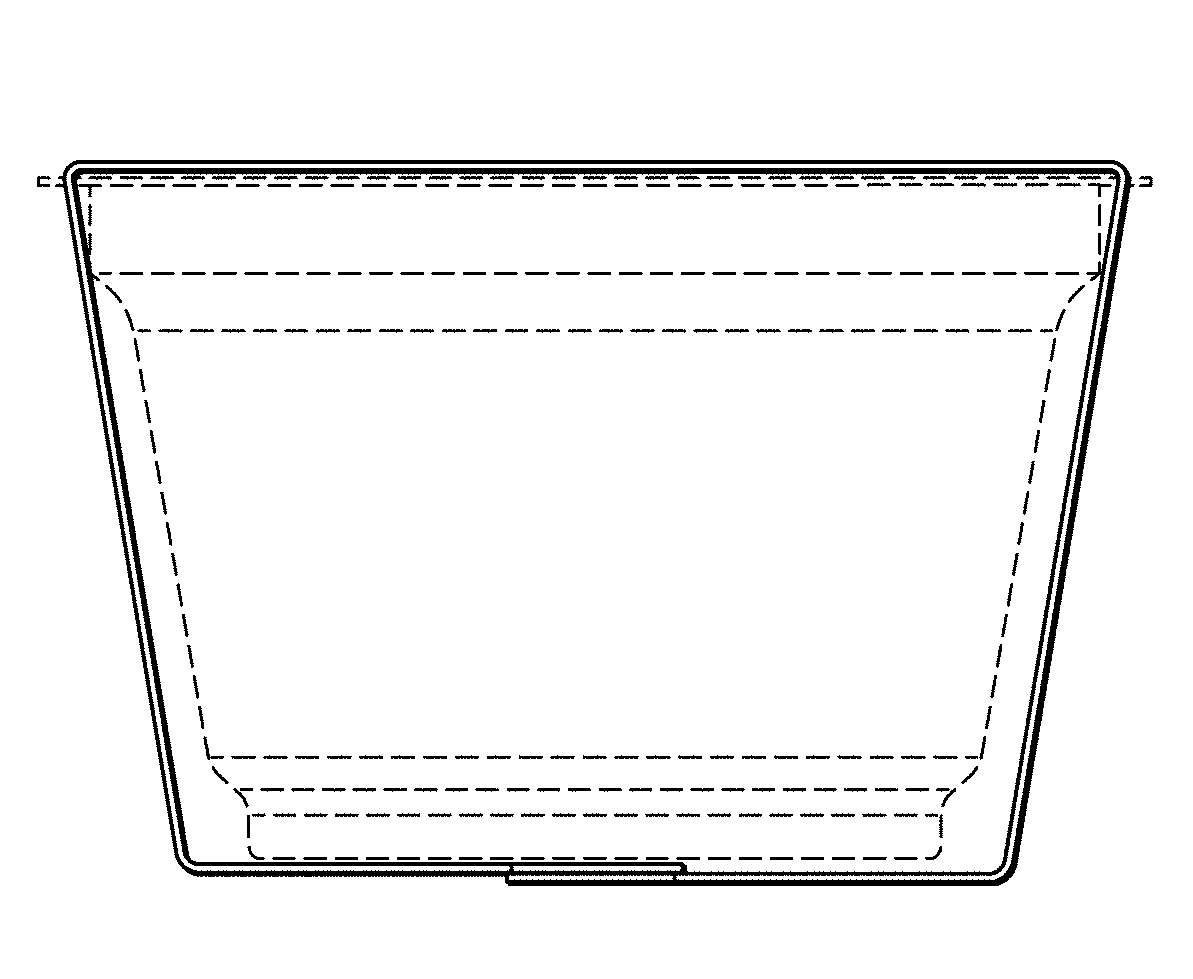
Yoghurt
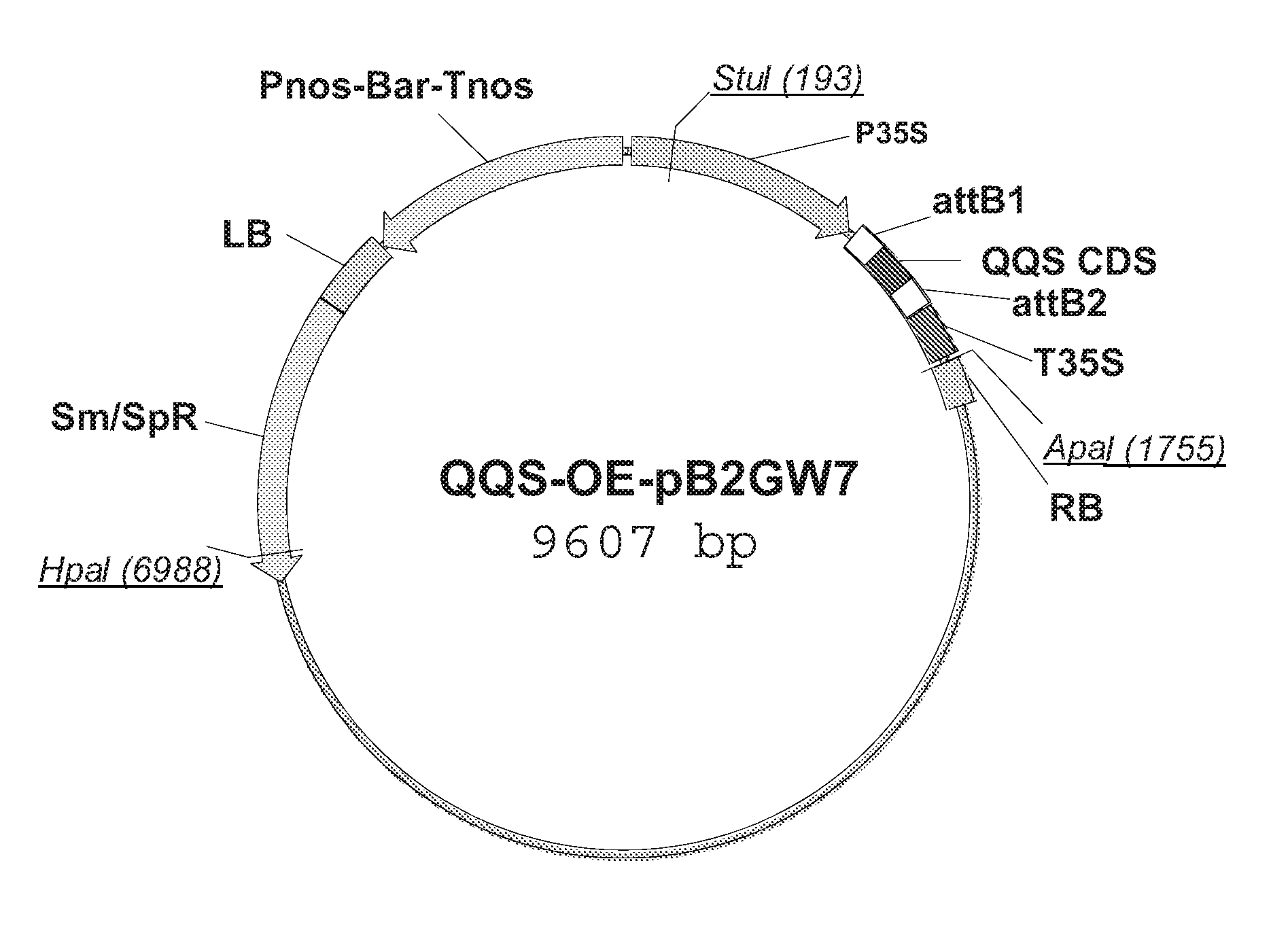
Plant Protein

Building Material

Paint
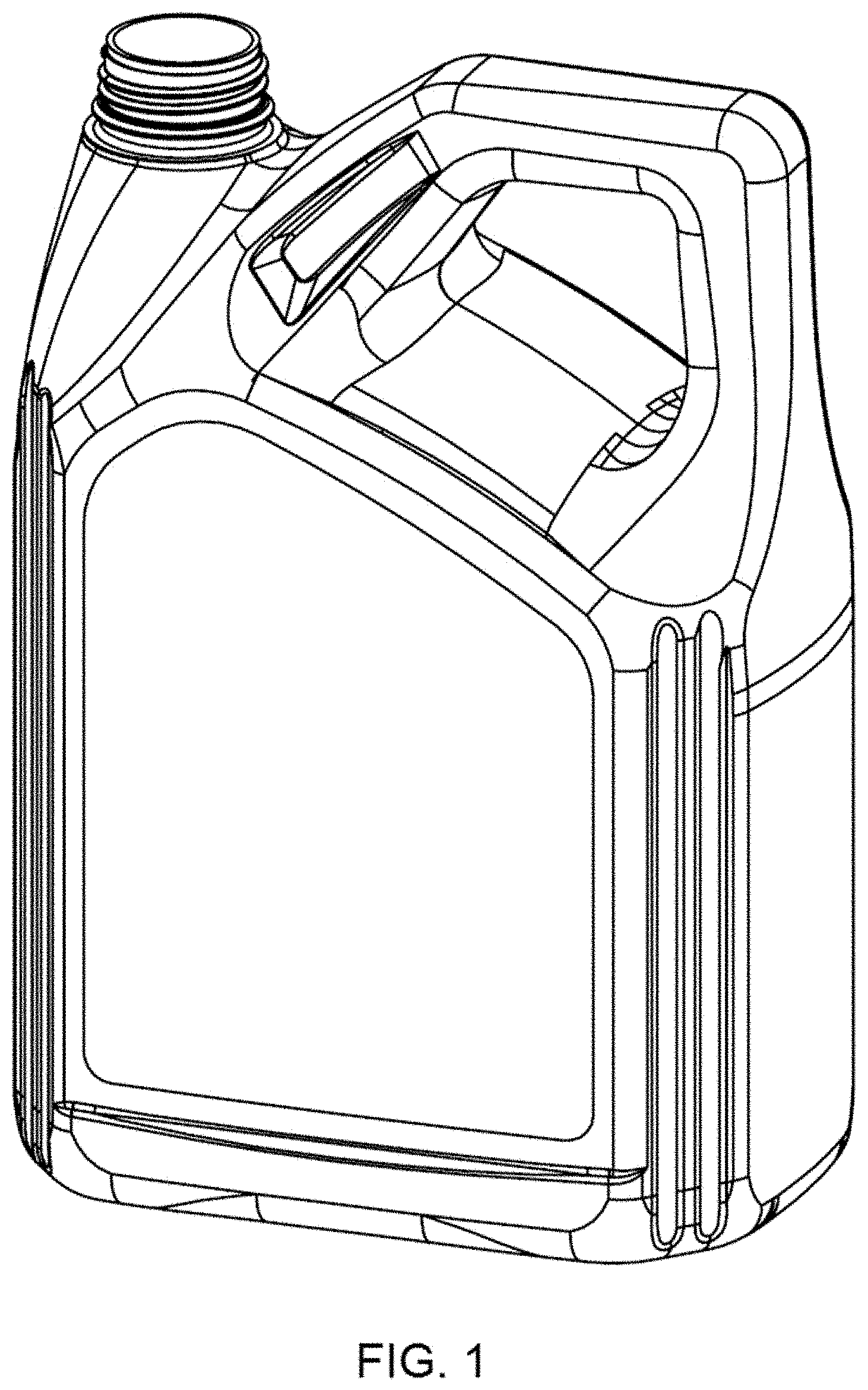
Lubricants
Semiconductor Chips
How is Xray different from a patent database?
Making patents easier to find
In patent databases you have to find patents by keyword searching. Xray organizes patents into categories where patents addressing same problem are already clubbed together. This makes it easy for you to find patents of your interest.
Making patents easier to understand
Xray eliminates legal jargon to make patent language much more easier to understand.
Original Patent Abstract
A battery system includes: a battery pack including a battery housing and a plurality of battery cells accommodated within the battery housing; and a cover element covering an outer side of the battery housing. The battery housing has a housing exit at where a venting gas stream exhausted by one or more of the battery cells during a thermal runaway exits the battery housing, and the cover element covers the housing exit. The cover element forms a venting channel together with the outer side of the battery housing such that the venting gas stream exiting the housing exit is received and guided by the venting channel along the outer side of the battery housing to a channel exit of the venting channel.
Xray Abstract
Battery system for electric vehicles that has a unique venting system to safely exhaust gases in the event of a battery thermal runaway. The system uses a cover element attached to the battery pack housing with a venting channel to redirect and cool the hot gases. The channel has obstacles and curves to lengthen the path and increase contact with the cover to extract heat. This prevents the hot gases from rapidly exiting the pack and potentially igniting, instead cooling them before release.
Why researchers should refer patents?
Devise solutions faster
Examining relevant patents sheds light on past attempts to tackle similar issues, helping you understand the problem better and lower the time to solution.
Discover new angles
Related patents show you inventive solutions that might not cross your mind, aiding in brainstorming, mixing ideas, and improving the ultimate solution you arrive at.
Feel more confident
Equipped with a thorough knowledge of the state-of-the-art, which patents provide you with, you become more confident about your own strategy.
Why R&D teams fail to benefit from patents?
Huge datasets
With ~140,000,000 patents, finding the ones of your interest is a daunting task, requiring expertise in patent searching most researchers lack.
Lack of time
A thorough review can take weeks. Patents are written in heavy techno-legal jargon, which looks pretty much like a foreign language to non-lawyers.
Underestimating the value
"What You See Is All There Is" (WYSIATI) cognitive bias applies to researchers too. Lack of exposure to patents make them underestimate the value they can provide.
Technologies supported
Right now, Xray has about two dozen technologies, which are listed above.
If you would like to see one that isn't listed, please let us know.
Have questions?
Feel free to reach out to us.